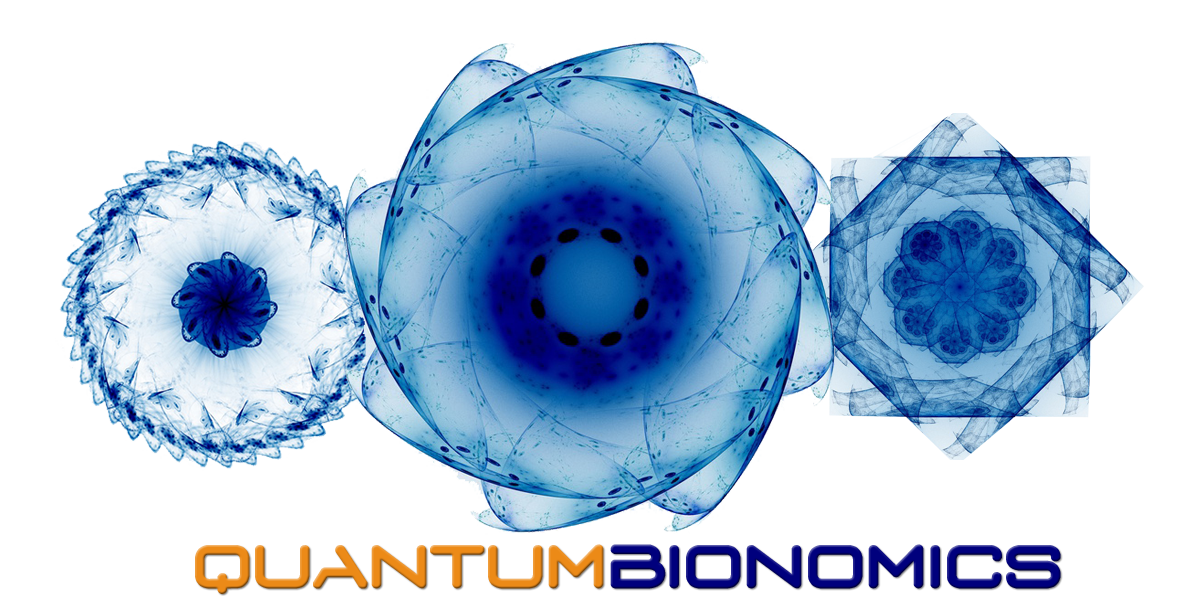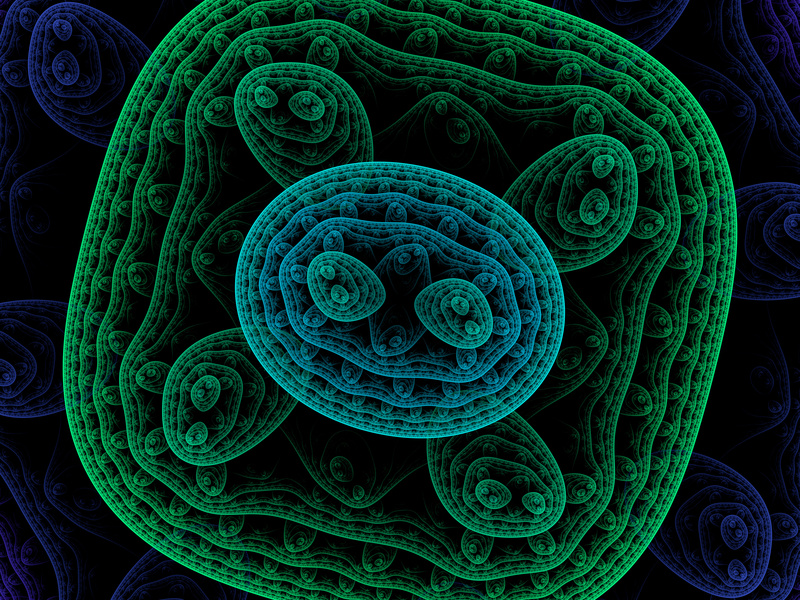Killing off gut microbes has a surprising effect on the hippocampus.
Gut microbes appear to have an unexpected influence over our behaviour. But just how they communicate with the brain is still not fully understood
Antibiotics that wipe out gut microbes could also be playing havoc with our memory, research in mice suggests.
Researchers in Germany and the US found that adult mice fed a cocktail of antibiotics performed worse on a memory task than untreated mice.
The antibiotics also put a brake on growth of new brain cells in the hippocampus, a seahorse-shaped part of the brain essential for memory formation.
Mounting evidence has pointed to gut microbes having an unexpected influence on our behaviour. Kids with autism, for example, have vastly different gut microbes compared to “neuro-typical” kids.
How gut microbes communicate with the brain to exert such an influence is still not fully understood.
The new study points to a population of white blood cell – Ly6Chi monocytes – as being the key go-between.
In addition to growing fewer new brain cells, antibiotic-treated mice had fewer of these monocytes in their brain, blood and bone marrow.
Growth of new brain cells returned to normal when mice could stretch their legs.
In parallel experiments, mice lacking monocytes and others treated with drugs to deplete their numbers also had sluggish brain cell growth compared to normal mice.
The good news is the slowed growth could be reversed.
When antibiotic-treated mice were given a monocyte transplant to bump up monocyte numbers, new brain cell growth returned to normal.
And there were also easier ways, such as exercise. Mice able to stretch their legs on an exercise wheel saw a boost in cell growth.
Replenishing their gut microbes with a slew of commercially available probiotics following the antibiotic treatment also worked.
But there was a surprise: replacing gut microbes with a faecal transplant from untreated mice failed to restore brain cell growth.
It could be that crucial strains of microbe that quickly replenish with probiotics, don’t bounce back as quickly with the faecal transplants, says lead author Susanne Wolf, from the Max Delbrueck Centre for Molecular Medicine in Germany.
But before you run to the health food store for a probiotic supplement to boost memory, a note of caution: the probiotics were only able to restore antibiotic-dampened brain cell growth, not increase growth in untreated animals.
“Unfortunately, you cannot neuro-enhance with probiotics,” says Wolf.
The results also suggest that the antibiotics themselves may be directly influencing cell growth in the brain’s memory centre.
Future work using germ-free mice treated with antibiotics could help to settle the question of how much of the antibiotics’ effect of is due to changes in gut microbes versus direct effects on the brain.
Wolf also hopes to see trials of probiotics in patients with conditions such as schizophrenia.
The work is published in Cell Reports.
Source: Antibiotics may play havoc with your memory | Cosmos















Leave A Reply